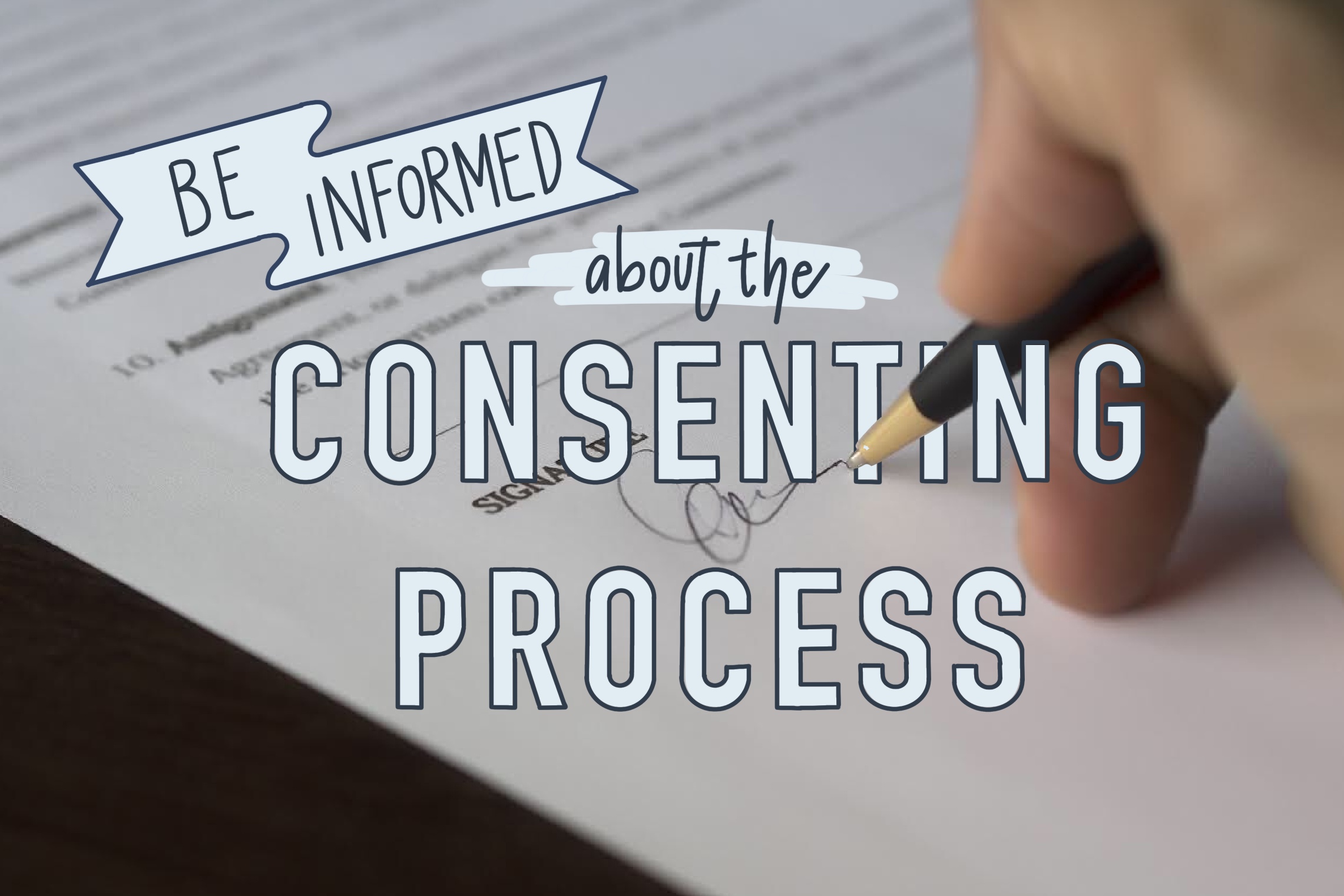Standards of ethical research require that investigators fully inform human participants of the risks, benefits, and procedures they may experience by participating in a study. Respect for participants before, during, and after the study underlies effective informed consent of the subjects or their legally authorized representatives.
What does “informed consent” mean and what are the essential components?
Informed consent means an individual voluntarily agrees to participate in a research study. For example:
“You are free to decide whether or not to take part in this study. If you decide not to take part in this study it will not affect your employment or care you receive, and will not result in any loss of benefits to which you are otherwise entitled. The investigator will inform you of any significant new information that has been developed which may relate to your willingness to continue with the study.”
Consent is informed ethically and legally if all study parts are fully explained to participants. This can include interviews, observations, surveys, and experiments, such as randomized controlled trial studies. Informed consent must begin with a concise and focused presentation of the key information that is most likely to assist a prospective subject or legally authorized representative in understanding the reasons why one might or might not want to participate in the research. This part of the informed consent must be organized and presented in a way that facilitates comprehension.
Investigators should ask potential participants if they read the informed consent, and they should also offer ample opportunities to ask questions about the purposes, procedures, risks, and benefits regarding the research study. Informed consent is a continual process and does not end with the piece of paper titled, “Consent Form.” In the course of the research, investigators are responsible for informing (or reminding) the participant that they can skip any question they choose not to answer or stop the study at any time without penalty.
In some instances, investigators can seek alternatives to obtaining the standard signed informed consent. For example:
- Collecting verbal consent (e.g., Verbal Informed Consent Template)
- Not collecting signatures (e.g., online consent)
- Waiver of written consent (e.g., oral consent)
- Waiver of some (or all) of the informed consent procedure (e.g., when deception is used)
Investigators should explore what options are most appropriate for their target population and consult their IRB administrators.
Unless informed consent is explicitly waived or altered by the IRB, investigators must not involve a human being in a study unless they have obtained informed consent by the participant or the participant’s legally authorized representatives.
To summarize, research is voluntary, and investigators are responsible for providing study information to human subjects in respectful ways.
